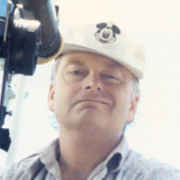
Allen Guilford
Allen Guilford was a prolific and much admired cinematographer, whose host of television programmes ranged from 1970s TV landmark The God Boy to colonial melodrama Greenstone. Guilford won NZ Film Awards for his work on movies The Footstep Man, coming of age tale The Climb, and blockbuster What Becomes of the Broken Hearted? He passed away on 10 March 2009.
...Allen's visual approach was always towards naturalism, but usually a heightened sense of naturalism. He had an acute understanding of where that light should come from, and he loved big lights way back and beyond, shafting through frames and windows. Cinematographer Leon Narbey on Allen Guilford, Onfilm magazine, April 2009, page 11
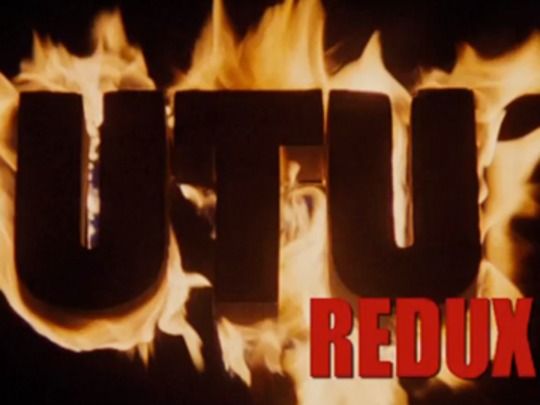
Utu Redux
2013, Camera Operator - Second Unit - Film
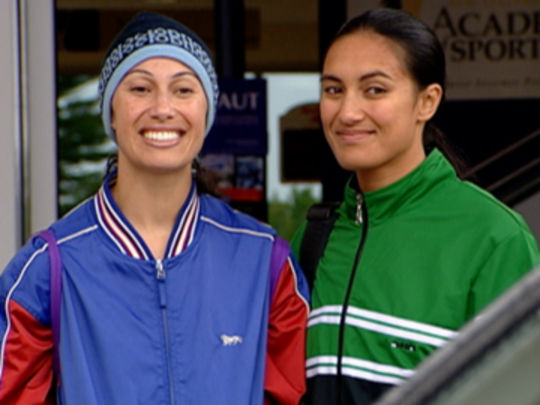
Good Hands - Lima Lelei - First Episode
2003, Cinematographer - Television
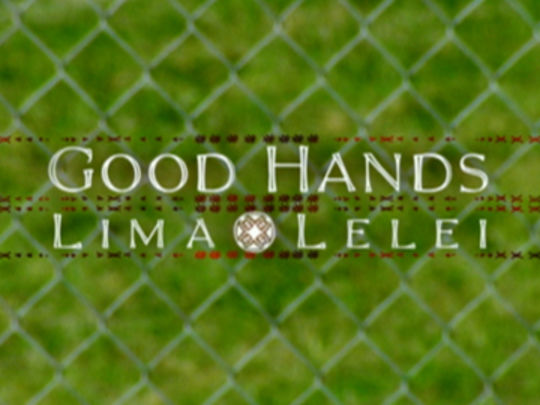
Good Hands - Lima Lelei
2003, Director of Photography - Television
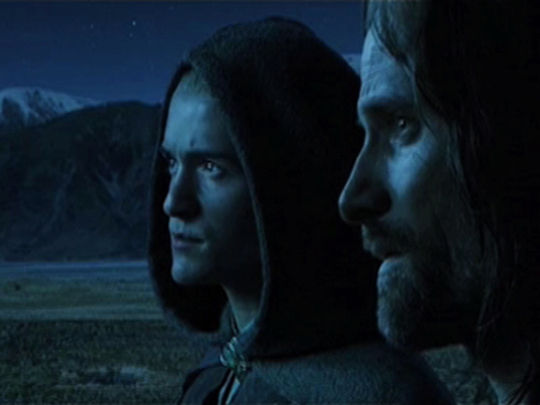
The Lord of the Rings: The Return of the King
2003, Second Unit Cinematographer - Film
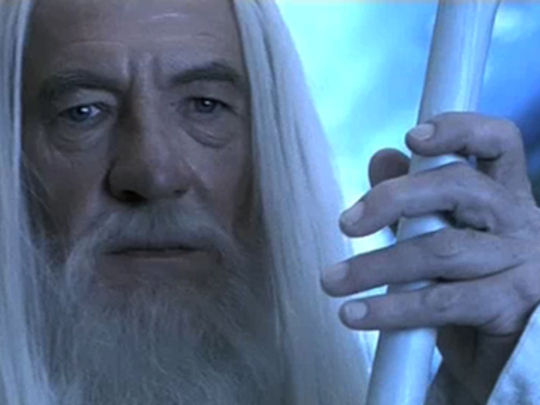
The Lord of the Rings: The Two Towers
2002, Second Unit Cinematographer - Film
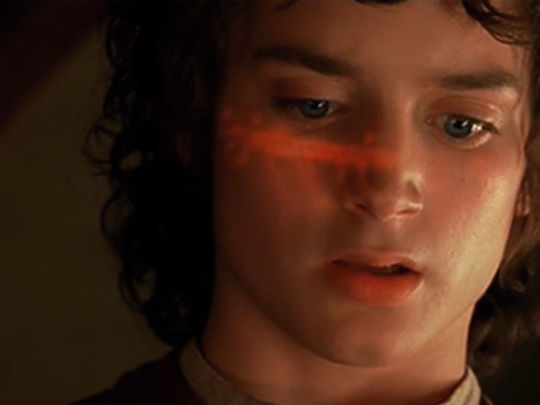
The Lord of the Rings: The Fellowship of the Ring
2001, Second Unit Cinematographer - Film
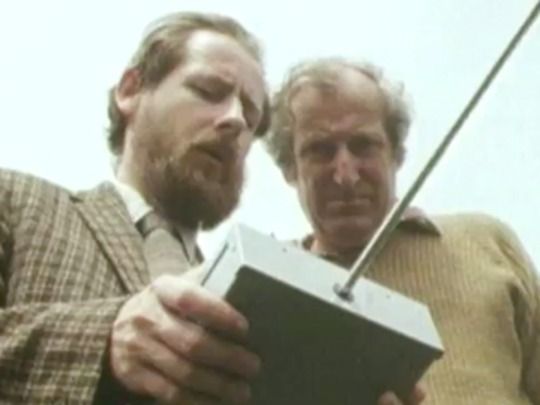
Country Calendar - Spoofs Special
1999, Camera - Musical Fence - Television
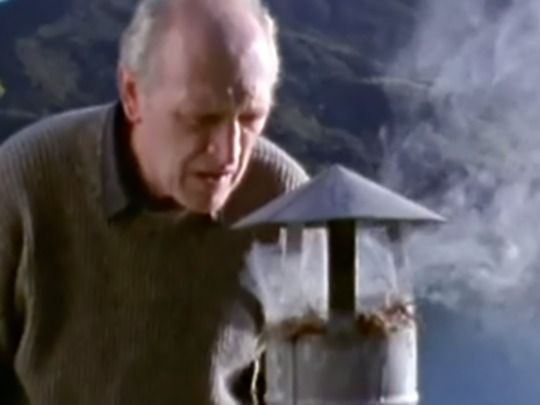
Duggan
1997, Cinematographer - Television
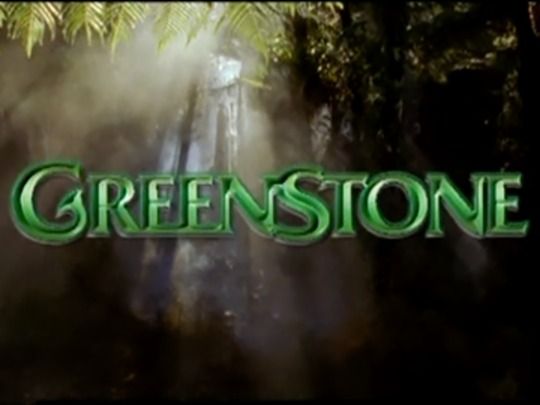
Greenstone
1999, Camera - Television
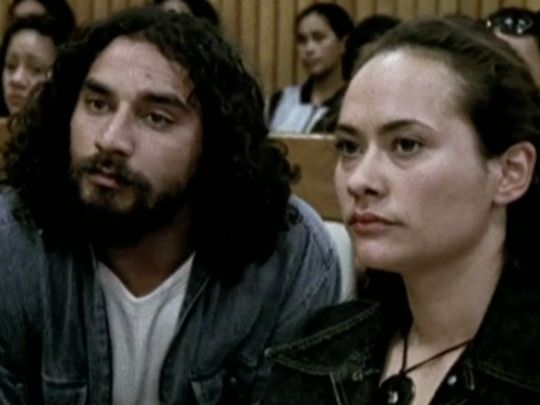
Staunch
1999, Camera - Television
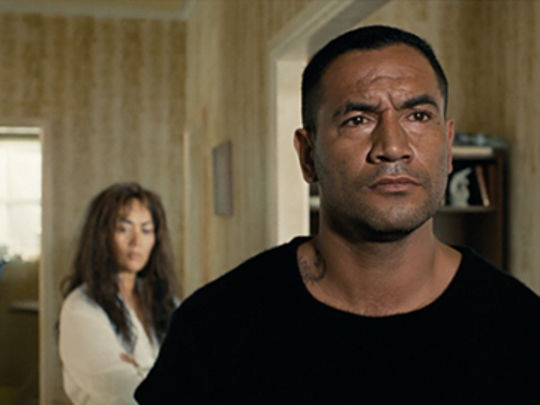
What Becomes of the Broken Hearted?
1999, Cinematographer - Film
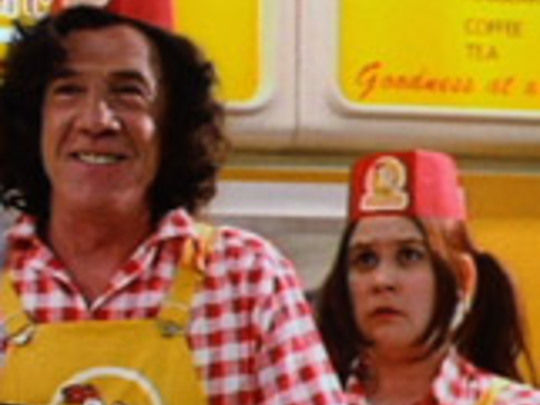
Chicken
1996, Cinematographer - Film
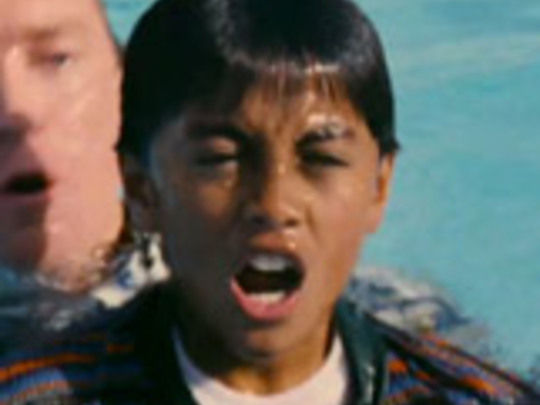
Swimming Lessons
1995, Cinematographer - Television
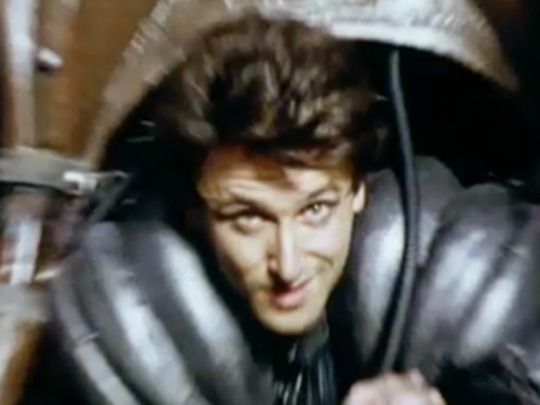
Jack Brown Genius
1995, Cinematographer - Film
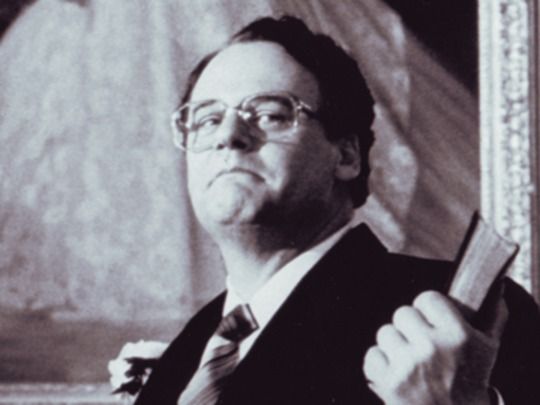
Fallout
1994, Cinematographer - Television
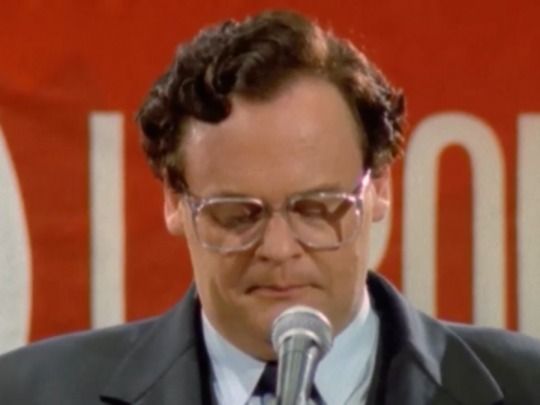
Fallout - Part Two
1994, Cinematographer - Television
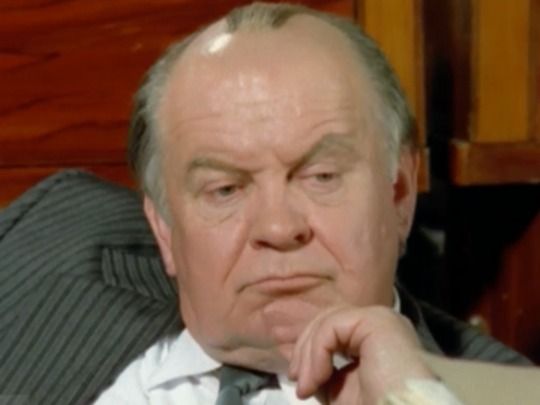
Fallout - Part One
1994, Cinematographer - Television
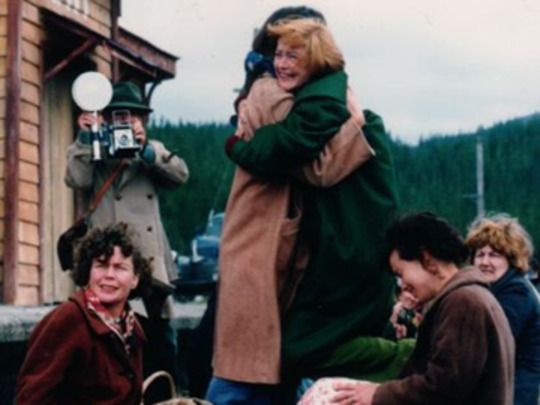
Bread and Roses
1993, Cinematographer - Television
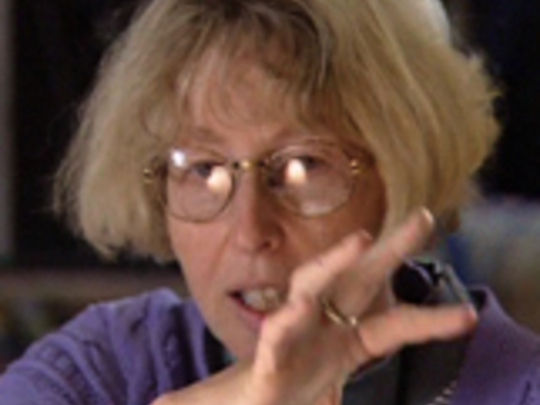
The Making of Bread and Roses
1993, Subject - Television
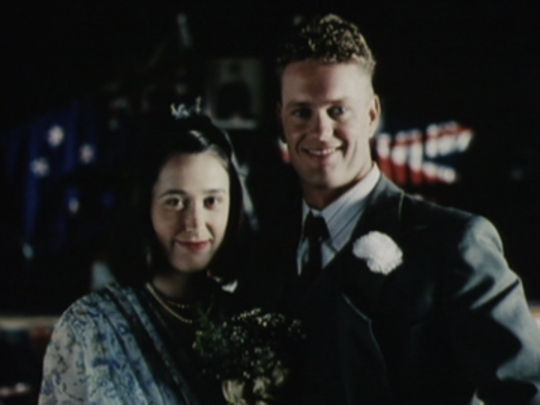
Absent Without Leave
1992, Cinematographer - Film
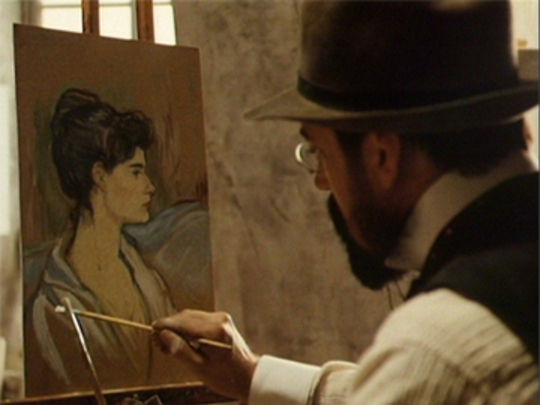
The Footstep Man
1992, Cinematographer, Camera Operator - Film
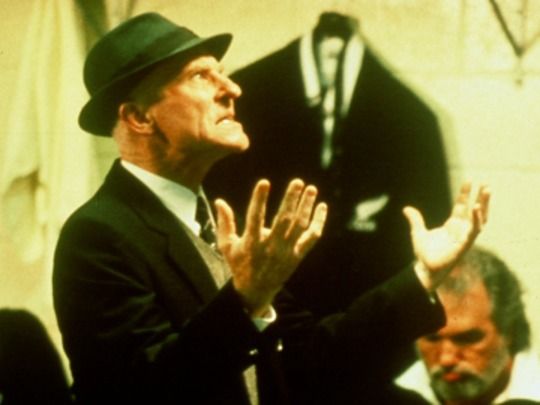
Old Scores
1991, Cinematographer - Film
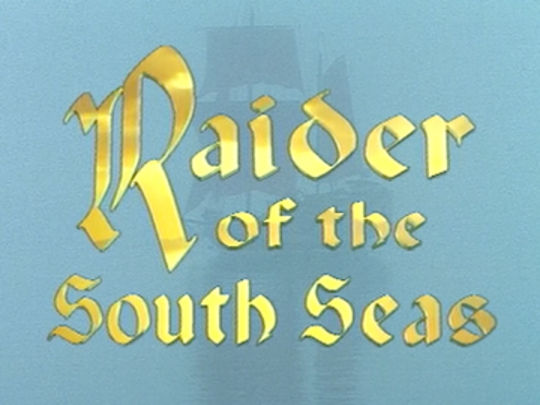
Raider of the South Seas
1990, Camera Operator - Television
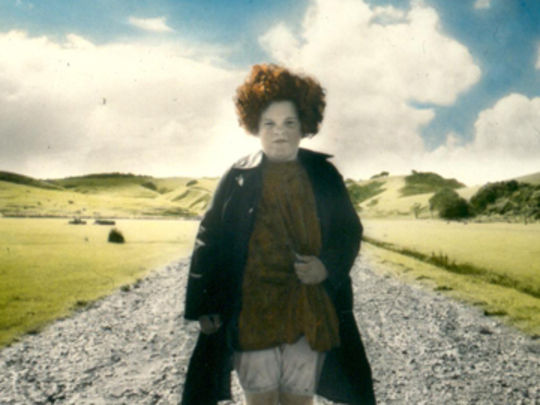
An Angel at My Table
1990, Camera Operator - Second Unit - Film

Piano Lessons
1990, Cinematographer - Short Film
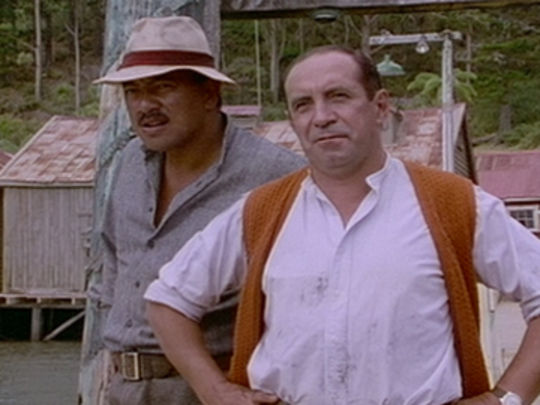
Raider of the South Seas - First Episode
1990, Camera Operator - Television
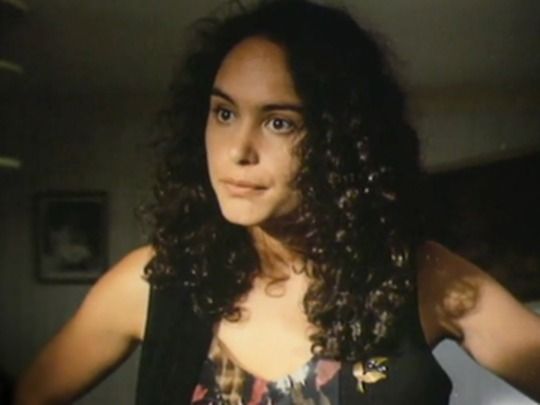
Ruby and Rata
1990, Camera Operator - Film
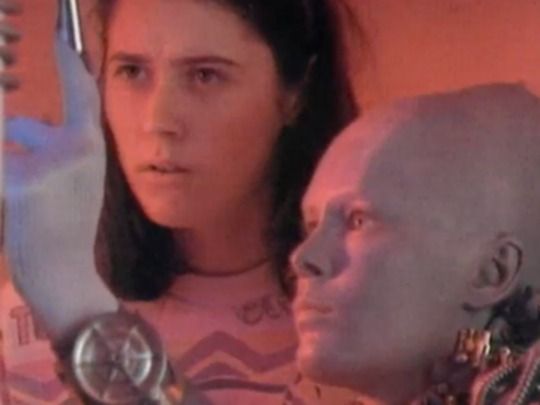
The Boy from Andromeda - The Guardian
1990, Cinematographer - Television
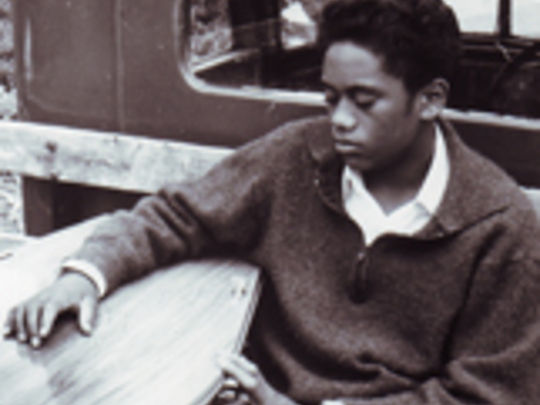
E Tipu e Rea - Eel
1989, Cinematographer - Television
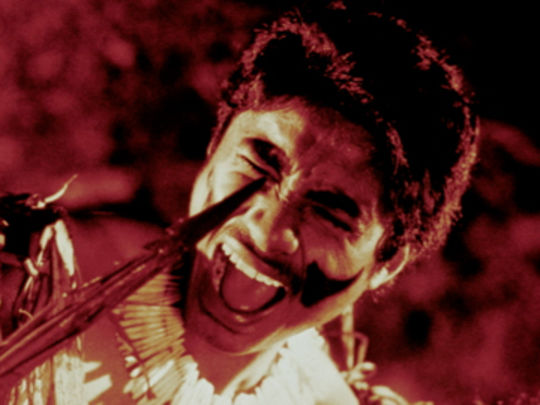
Flying Fox in a Freedom Tree
1989, Cinematographer - Film
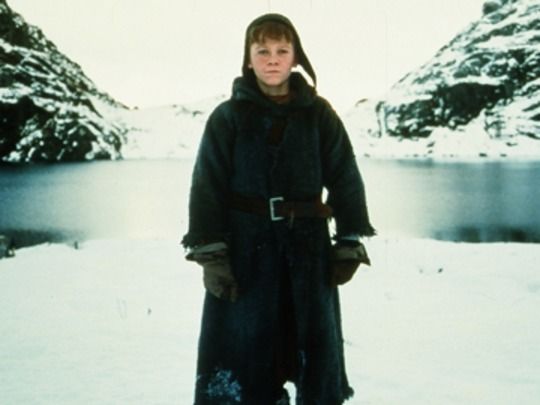
The Navigator: A Medieval Odyssey
1988, Camera Operator - Film
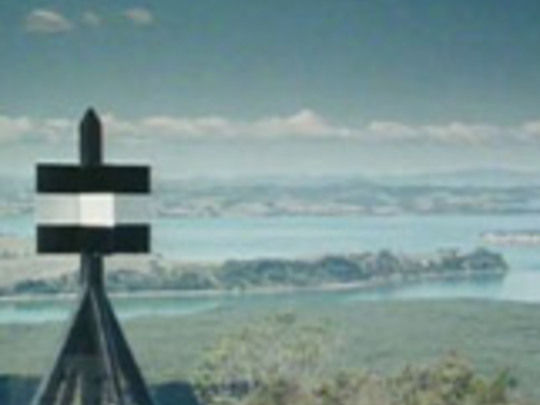
Journeys in National Parks: Hauraki Gulf
1987, Camera - Television
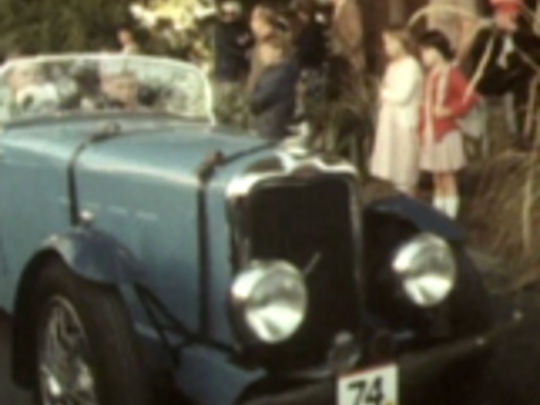
Milestones - The Tour of the Century
1986, Producer, Director, Camera - Television
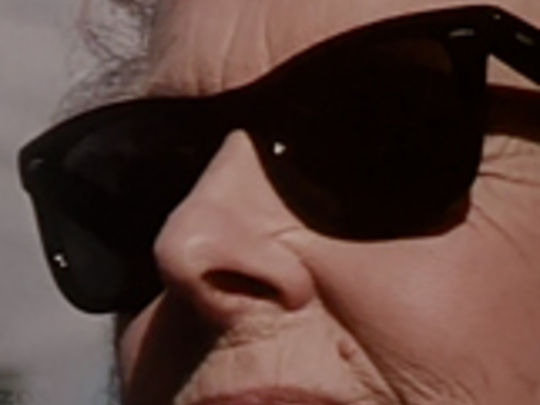
Rud's Wife
1986, Camera - Short Film
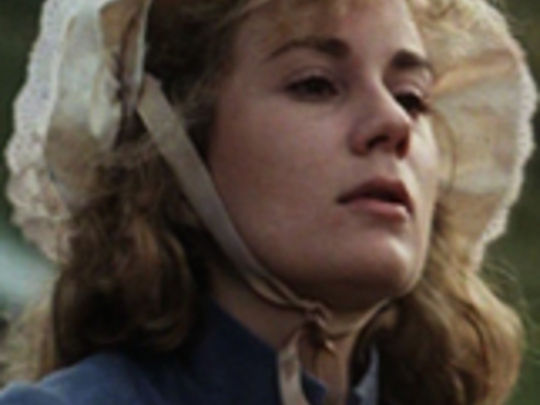
Heart of the High Country - First Episode
1985, Camera Operator - Television
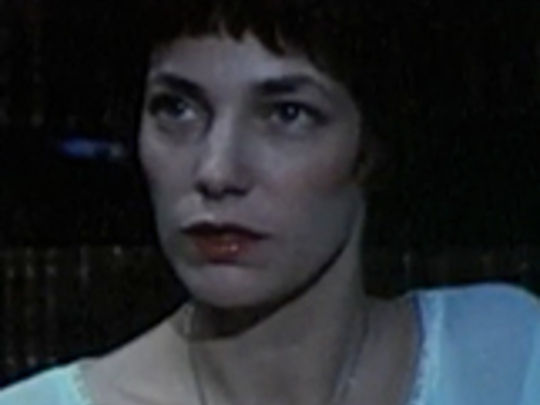
Leave All Fair
1985, Camera Operator - Film
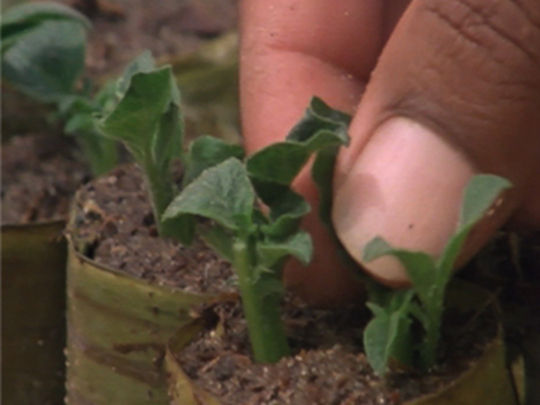
The Neglected Miracle
1985, Additional Camera Operator - Film
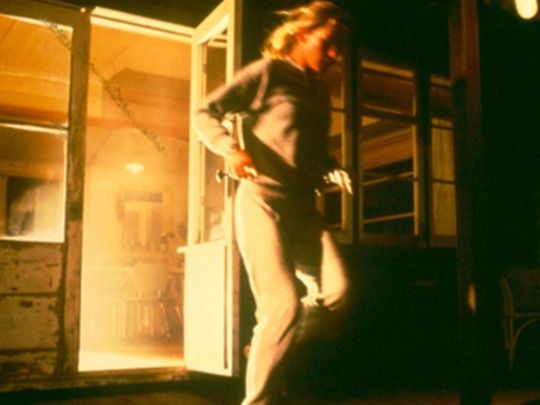
Trial Run
1984, Cinematographer - Film

Patu!
1983, Additional Camera Operator - Film
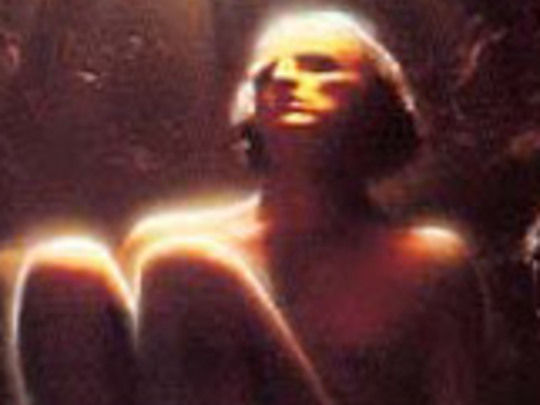
The Lost Tribe
1983, Focus Puller - Film
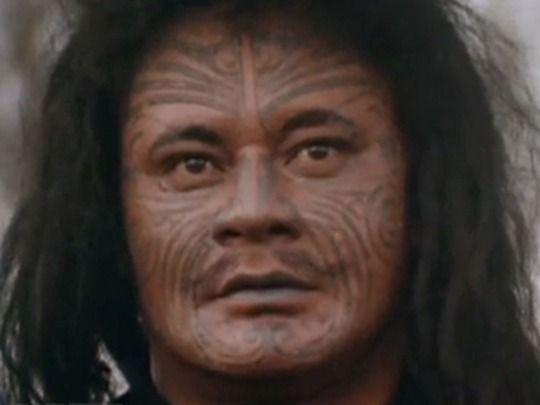
Utu
1983, Second Unit Camera Operator - Film
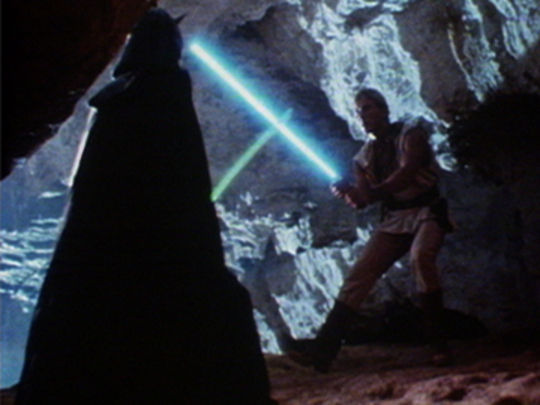
Contact - They Shoot Commercials, don't they?
1982, Camera - Television
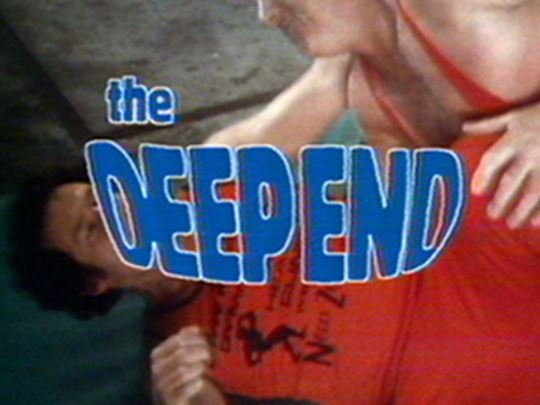
The Deep End
1980, Camera - Television
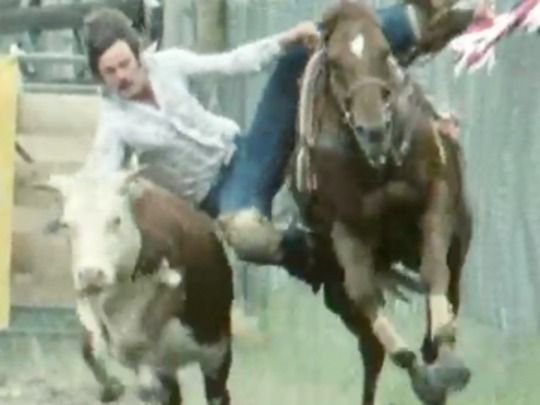
Hunchin' Down the Track
1980, Camera - Television
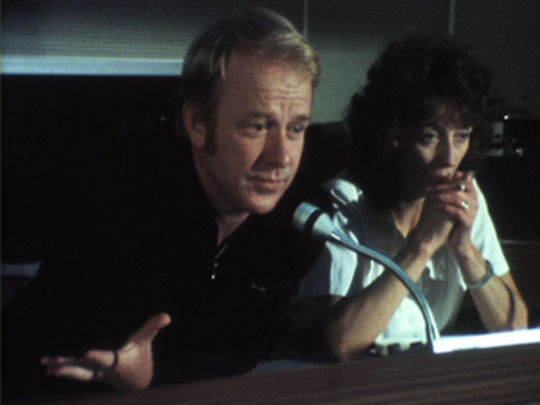
The Deep End - The Captain's Play
1980, Camera - Television
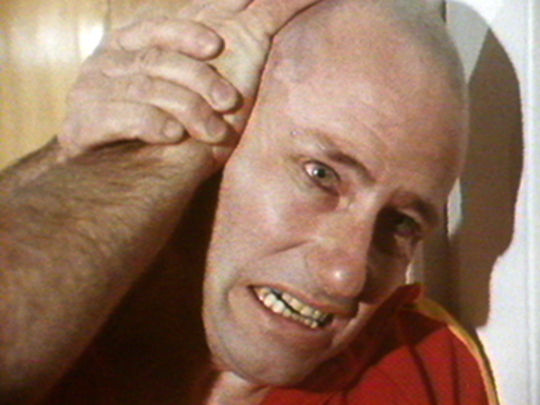
The Deep End - The Wrestler
1980, Camera - Television
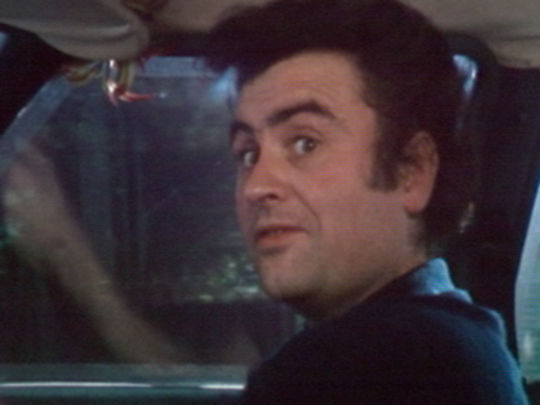
The Les Deverett Variety Hour - Episode
1978, Camera - Television
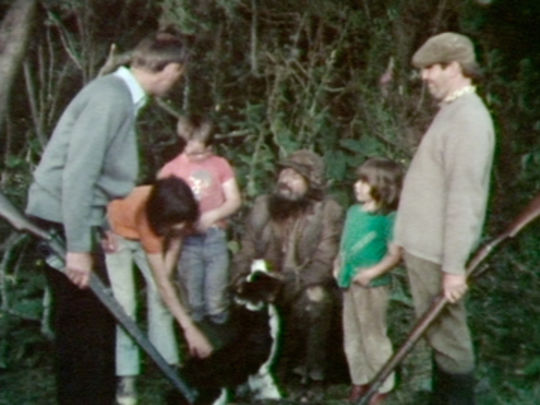
The Mad Dog Gang Meets Rotten Fred and Ratsguts (TV movie)
1978, Cinematographer - Television
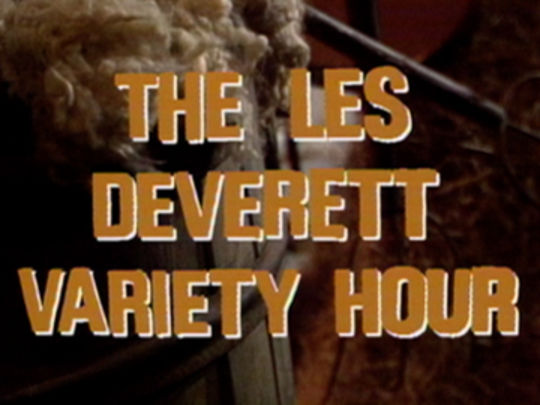
The Les Deverett Variety Hour
1978, Camera - Television
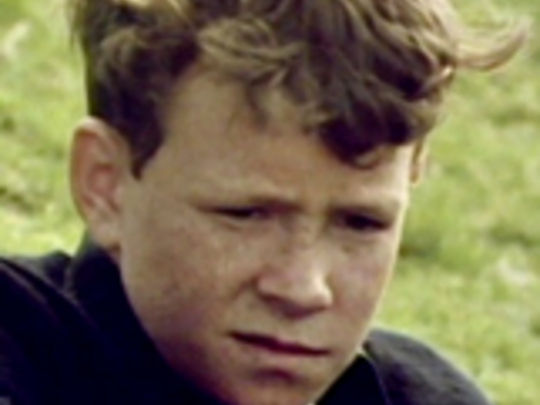
The God Boy
1976, Camera - Television
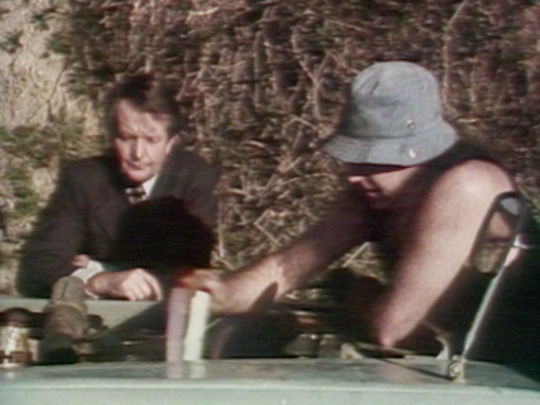
The Wonderful World of...
1975, Camera - Television
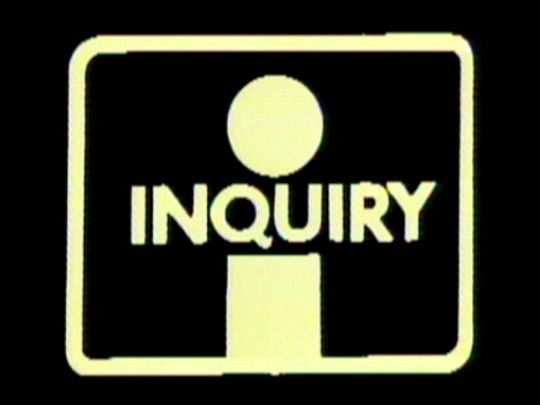
Inquiry
1973 - 1975, Camera - Television
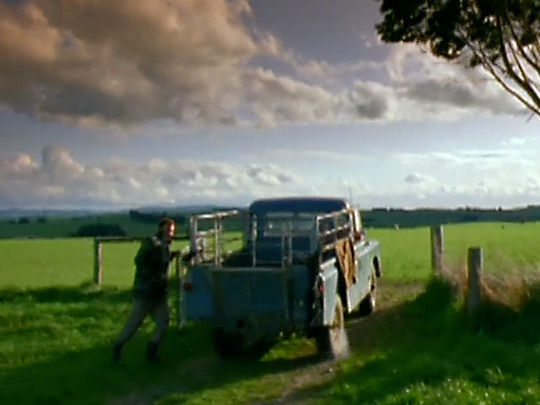
Country Calendar
1966 - ongoing, Camera - Television